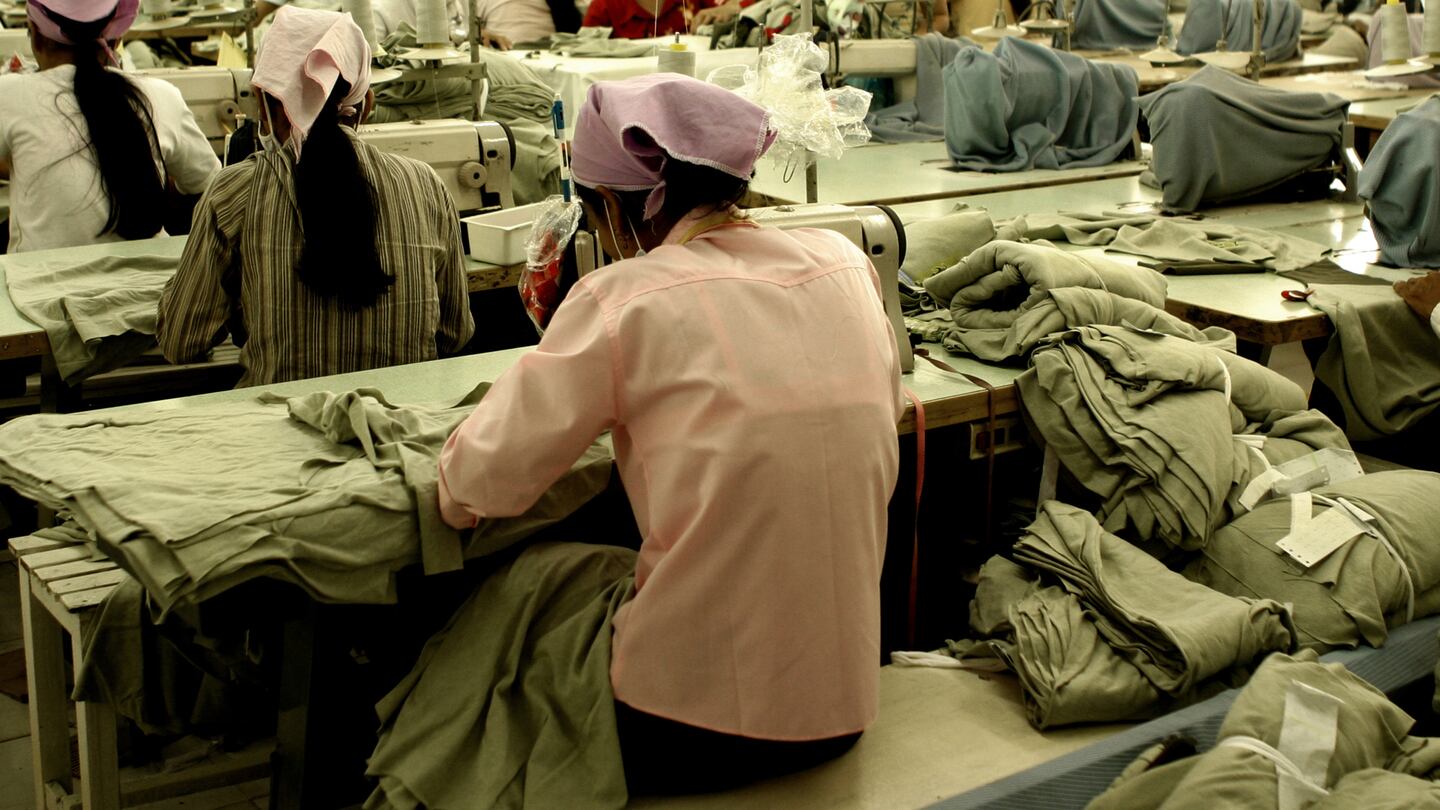It might sound like a far-away issue but modern-day slavery is finding its way into Kiwi shopping carts.
“New Zealand imports $3.2 billion of products associated with modern slavery, forced labour and child labour,” World Vision Aotearoa’s advocacy and justice head, Rebekah Armstrong, says. “They cover things like electronics and food. Now we have launched a report about the cosmetic industry, and shoes and apparel are big ones,” she says.
“You could say that modern-day slavery is in just about every supply chain across the world.”
World Vision says about 50 million people worldwide live in slavery, of whom 12 million are children. Two-thirds of modern-day slavery victims live in Asia Pacific, a region Aotearoa actively trades with, Armstrong says.
This is something that the government is looking to address. Last week, Deputy Prime Minister and Workplace Relations Minister Carmel Sepuloni announced the government would be bringing in legislation that would require organisations and businesses to be transparent about their operations and supply chains through a new public register.
‘About time’
“We have been waiting for this (legislation) for a long time,” FIRST Union general secretary Dennis Maga says. But it’s not just imports that are implicated in modern-day slavery.
“Many New Zealanders are not aware that human trafficking and work exploitation are happening in New Zealand,” Maga says. “If you look at the Ministry of Business’ statistics, there have been about 51 cases of human trafficking.” Most cases “are happening in the horticulture industry and our Pacific brothers and sisters have become victims of it”.
“The most famous case we had here in Aotearoa involved Joseph Matamata,” says Rebekah Armstrong, referencing the Hawke’s Bay man who was jailed on trafficking and slavery charges involving 25 fellow Samoan nationals he brought to work for him. She says that is not a case that has happened in isolation, and migrant worker exploitation is an area of concern.
8000 people affected
“We have an estimated 8,000 people reaching that definition of modern-day slavery and thousands more in worker exploitation,” Armstrong says.
Labour list MP Ibrahim Omer whose private member’s bill to criminalise wage theft by an employer has been introduced in Parliament says the problem is rife in the hospitality and horticulture industries. “The conditions some workers are being held in are no less than modern-day slavery,” he says.
“They confiscate your passport. Some of the housing situation is filthy, it’s inhumane and some of these people have been warned not to open their mouths, and threatened with deportation if they do,” Omer says.
Organisations also say the government should have gone further in its new law.
“What we would have liked to see is due diligence included,” Armstrong says. The government’s legislation would require organisations with over $20 million in revenue to report and outline the actions they take to address exploitation risks in their operations and supply chains but it does not require them by law to mitigate or eliminate the risks they identify.
Due diligence key
Only due diligence would truly stop businesses from turning a blind eye, says Maga, because under the proposed system, “a company could simply ‘not discover’ an instance of exploitation in their supply chain, for example, and therefore not need to report it.”
“We have also been lobbying for the government to put up a regulatory body, including a commissioner or ombudsman who will oversee the regulation,” he says.
Sepuloni says ‘due diligence’ and ‘take action’ responsibilities remain a top priority for her government and she is committed to progressing this work.
Meanwhile, National’s workplace safety spokesman, Paul Goldsmith, says the government has been very slow in introducing anti-slavery legislation.
“All they have announced is they will get around to writing legislation at some point, certainly not before the election.”


